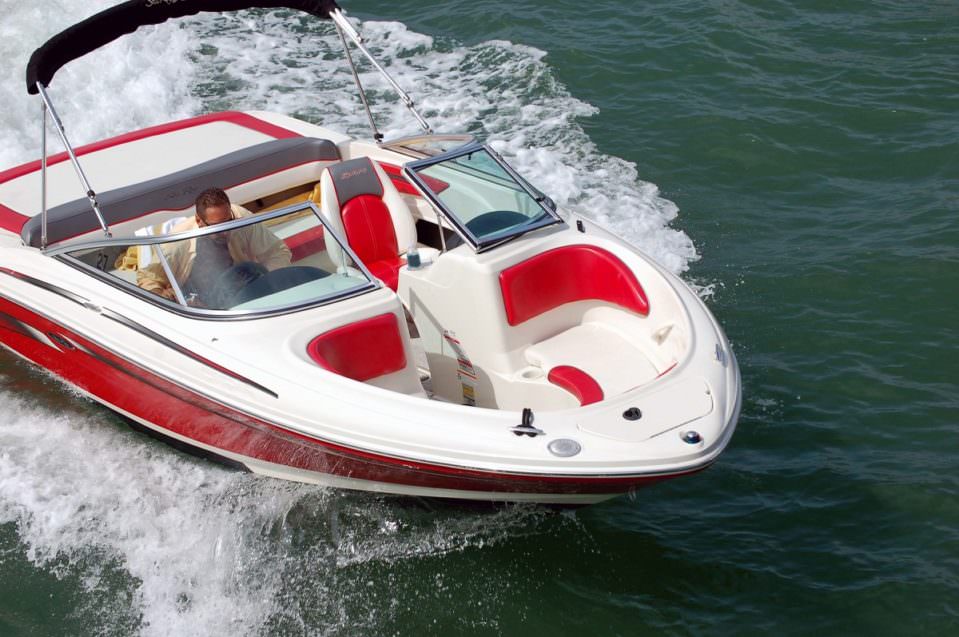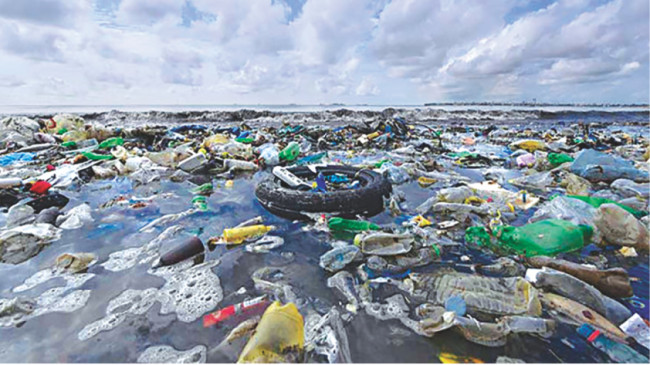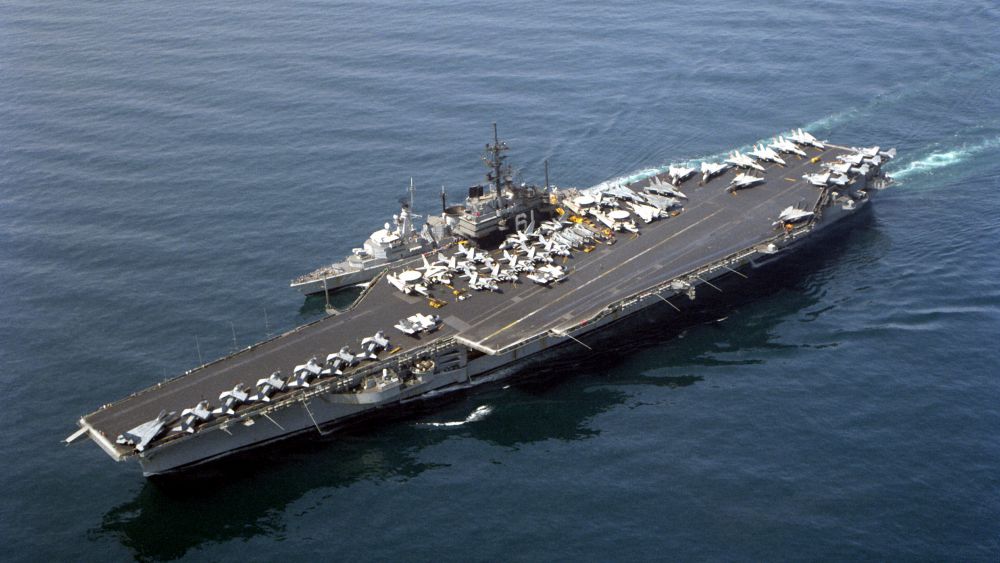Shipbreaking is a lucrative
industry and one that is almost solely carried out in countries like Bangladesh
and India, where cheap labour is used to strip ships right on the beach.
Although the negative impacts of such practices are well known, current
legislation is either too weak to regulate these practices, or not yet
enforceable. A new method to put an end to this is on the cards – but will it
work?
In August, the European
Commission released its latest report on the viability of a financial incentive
for sustainable ship recycling, an instrument that if implemented, could shift
the balance in favour of cleaner, safer practices approved under European Union
(EU) regulation, rather than the vastly more popular option of breaking ships
on South Asian beaches, at great risk to workers and the environment.
Although the dangers of
“beaching” have been extensively documented, this practice continues unabated
and international regulations are yet to clamp down on it.
The Hong Kong International
Convention for the Safe and Environmentally Sound Recycling of Ships (HKC)
isn’t expected to enter into force until 2020 at the earliest. In Europe, the
European Ship Recycling Regulation (SRR) entered into force at the end of 2013,
but it will start applying in gradual stages only from the date of publication
of the European list of ship recycling facilities, which hasn’t yet been
completed.
As a result, unsafe and
dangerous ship recycling methods dominate the market today, driven purely by
profit: it is far cheaper to discard of vessels in this way, rather than opt
for EU-vetted facilities. A new proposal to tackle this problem hopes to give
Europe a chance to compete with South Asian shipbreaking yards, and reclaim
control of the industry.
Circumventing
the law
Many vessels contain
hazardous materials like asbestos, polychlorinated biphenyls (PCBs) and heavy
metals.
Major ship recycling nations
such as India, Bangladesh and Pakistan do not have the appropriate facilities
to safely dismantle these ships, and the work takes place on tidal beaches,
leading to leaks of pollutants into the waters, as well as fires, explosions
and countless human rights violations. Last year, at least 52 workers lost
their lives on shipbreaking beaches in South Asia, according to NGO
Shipbreaking Platform’s 2016 report.
Despite these widely known
facts, India, China, Bangladesh and Pakistan jointly recycle almost 80% of the
world’s vessels.
The EU is the single largest
market sending end-of-life ships for dirty and dangerous shipbreaking. Germany
and Greece were the worst offenders last year: 98% of all obsolete German ships
ended up on a beach, and close to 40% were broken in Bangladesh, where
conditions are known to be the worst in the world. Greece was responsible for
the highest absolute number of ships sold to South Asian shipbreaking yards in
2016, with 104 vessels in total.
This isn’t the only option.
Green, safe recycling alternatives do exist – the only issue is cost.
Although reliable public
data is scarce, analysis by DNV GL found that the cost of sending an
end-of-life vessel to be scrapped in a sustainable facility is approximately
34% higher – or an extra €17 per lightweight tonnage – compared to selling it
to cash buyers in Asian countries.
Even owners of EU-flagged
ships, which under the SRR have a duty to properly discard of their vessels,
circumvent this by re-flagging their ships shortly before scrapping to a flag
of convenience, such as Palau, Comoros, and St Kitts and Nevis. These flags are
often blacklisted under the Paris Memorandum of Understanding, which aims to
eliminate the operation of sub-standard ships, as well as other international
treaties. The percentage of EU flags drops to less than 8% at end-of-life, the
NGO Shipbreaking Platform found.
“The loophole is linked to
the freedom within the shipping industry to choose any flag for the vessel that
the owner deems necessary,” says Ingvild Jenssen, founder and director of the
NGO Shipbreaking Platform.
“We have strongly argued
that it’s very likely that shipowners or the vessels that will be sold for
scrap will be sailing under a non-EU flag. [Vessels] are sold via the use of
cash buyers, who are basically scrap dealers in end-of-life vessels. They buy
the ships from the shipowners with cash, and then they sell them on to the
breakers in South Asia.”
Can a new
financial mechanism take back control?
The new proposal focuses on
setting up a new financial instrument, which would act as an incentive to shipowners.
Essentially, they would
purchase a Ship Recycling Licence (SRL) and upon each entry to an EU port, a
fee would be levied on each ship. The value of the fee would be equivalent to
the monetary difference between sound and unsound ship recycling practices.
The money collected would
then be channelled into a dedicated EU recycling fund, which would pay back
that fee to shipowners when they opt to recycle their vessels according to
regulation.
According to a 2016 study by
DNV GL, EcoSys and Erasmus University Rotterdam, this mechanism would collect
funds of about €150m per year over the first 15 years, contributing to the
building up of a fund of €2.8bn. Its impacts on the ship recycling market would
start to be observed after approximately 20 years from introduction, the
research found.
Transport NGOs, trade unions
and the European Sea Ports Organisation (ESPO) have released statements fully
supporting this proposal.
“We argue that without a financial
incentive, or an incentive that is not based on flag state jurisdiction, the EU
ship recycling regulation will effectively be toothless,” Jenssen says. “If you
look at any other waste management issue, such as appliances and electronics,
there’s always a financial incentive, or a return scheme linked to the proper
management of this waste. And ships shouldn’t be different in that sense.”
The European Economic and
Social Committee called it a “progressive, enforceable financial mechanism” and
called on the European Commission to establish the method.
A bitter pill
for shipowners
Meanwhile, the European
Community of Shipowners’ Associations (ECSA), the Asian Shipowners’ Association
(ASA) and the International Chamber of Shipping (ICS) argued that this “primary
fiscal measure” is incompatible with the UN Law of the Sea Convention (UNCLOS),
as well as with World Trade Organisation rules.
“We see great challenges and
many loose ends to the practical transposition of the licensing idea,” said
Danish Shipping director of EU affairs Casper Andersen, who came out against
the financial instrument. “We can only envisage that third-country shipowners,
with support from their flag-state, will reject paying into the licence scheme,
which will be tremendously distortive to the competitiveness of Danish
shipowners, who make a third of all their calls to European ports.”
In its latest review of the
proposal, published in August this year, the European Commission “acknowledges
the merits of a potential Ship Recycling Licence, which represents the most
promising option investigated thus far.” However, the Commission is keen to
wait and see whether the full European list of ship recycling facilities will
influence behaviour once it fully comes into effect. It is currently delayed by
ongoing site inspections at non-EU facilities that have applied.
At present, there is no
clear indication from the Commission on how long until the European is
published in full, or for how long its effects on the ship-breaking market
would be analysed before the financial instrument comes back into the spotlight
as an alternative.
But pressure to redress the
balance in favour of sustainable ship recycling is mounting, as reports of
irreversible environmental damage, slave labour and workers’ deaths continue to
pour in from concerned watchdogs around the world.
Source: ship-technology.
7 November 2017









